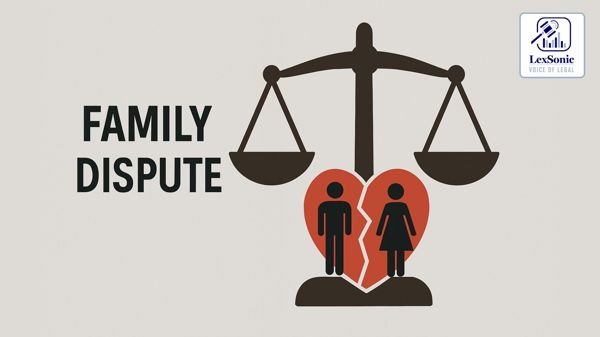Matrimonial Petition Transfer Granted: Court Weighs Applicant’s Relocation and Convenience.
30 August 2024
Family dispute >> Family Law
In a recent judicial in Minaxi Rohit Biradar Minaxi Sadashiv Muchandi v/s Rohit Bhimashankar Biradar order dated August 23, 2024, the court addressed an application seeking the transfer of a matrimonial petition from the Family Court at Bandra, Mumbai, to the Family Court in Pune. The case, under the scrutiny of the Honorable Judge, revolved around the convenience of the applicant, a working woman whose employment status and residence were central to the deliberations.
Background:
The initial hearing of the application occurred on August 16, 2024, where the applicant's counsel presented the need for transferring the marriage petition due to the applicant's relocation to Pune for work. The applicant’s counsel was directed to submit details about her job profile and the duration of her stay in Pune to ensure the application was not an attempt to prolong the proceedings. The respondent's counsel expressed concerns that the transfer was being sought to delay the proceedings, asserting that the applicant's employment status did not necessitate the transfer.

Compliance and Submissions:
In compliance with the court's directives, the applicant’s lawyer submitted a letter from the company's Head of Human Resources confirming the applicant's transfer to Pune effective August 1, 2024. This letter, marked "X" for identification, supported the applicant’s claim of being stationed in Pune. The respondent’s counsel opposed the transfer, arguing that the applicant's relocation was not permanent and that she could manage court appearances in Mumbai. The respondent's position was supported by previous Supreme Court decisions which suggested a general reluctance to grant transfers in matrimonial disputes unless convincingly justified.
Legal Considerations:
The court examined the applicant's request in light of the legal principles governing the transfer of matrimonial petitions. The critical criterion under Section 24 of the Code of Civil Procedure (CPC) is whether the ends of justice demand the transfer of the case. In matrimonial matters, the convenience of the spouse, particularly the wife, is often a significant consideration.
Citing the Supreme Court’s decision in N.C.V. Aishwarya Vs. A.S. Saravana Karthik Sha (AIR 2022 SC 4318), the court reaffirmed that transfer applications should be evaluated based on multiple factors including the socio-economic status of the parties and their living circumstances. The judgment highlighted that each case must be considered on its own merits and not solely based on previous rulings or obiter dicta. After considering the applicant’s circumstances and the arguments presented, the court concluded that transferring the case to Pune would better serve the applicant’s convenience and support her access to justice. The applicant, residing alone in Pune and having no substantial connections in Mumbai, would face undue hardship if forced to travel for court proceedings.
Conclusion:
The court granted the applicant’s request, transferring the matrimonial petition to the Family Court in Pune. This decision underscores the court’s commitment to ensuring that matrimonial disputes are handled in a manner that considers the convenience and welfare of both parties, particularly when it involves significant travel and relocation issues. The Miscellaneous Civil Application was allowed, and the petition was directed to be transferred as requested. This ruling exemplifies the judiciary's approach to balancing procedural fairness with the practical needs of the parties involved in matrimonial disputes.
